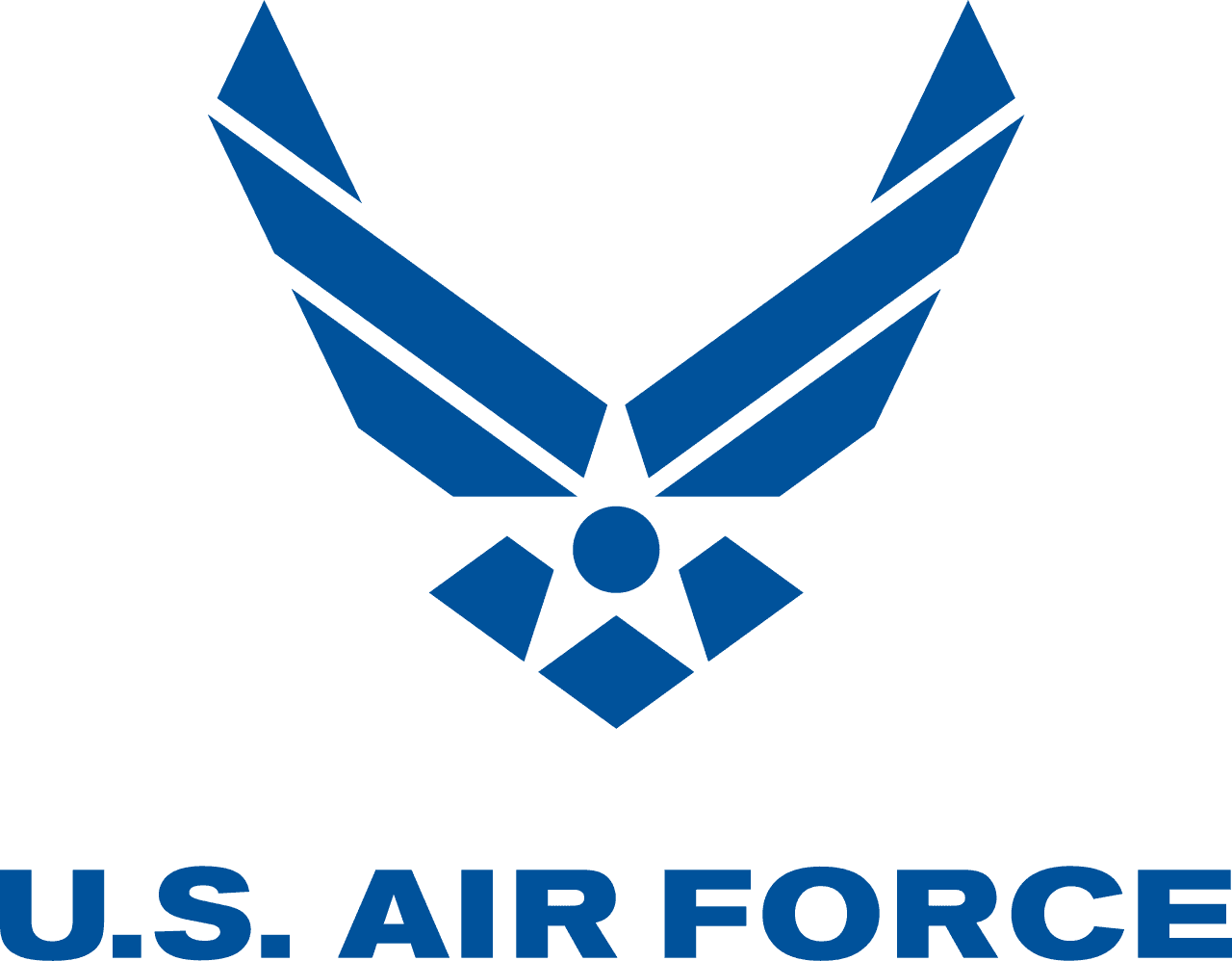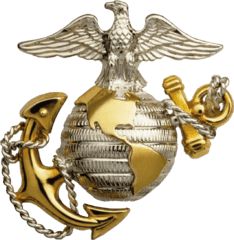Military Automotive and Heavy Equipment Mechanics
Overview
What are the responsibilities of this role?
Automotive and heavy equipment mechanics maintain and repair various vehicles and systems. They determine the overall mechanical condition of vehicles and heavy equipment, diagnose malfunctions, and initiate restorative actions related to equipment in their area of responsibility.
What is the work environment like?
Automotive and heavy equipment mechanics usually work inside large repair garages. They work outdoors when making emergency repairs in the field.
How many people have this role in the Military?
43,290
Compensation
Understanding How Military Pay is More Than Just a Salary
Base pay is the standard income you’ll earn as a service member, providing a stable foundation to start achieving your financial goals.
- Always fixed based on rank and service time.
- Distributed monthly.
What is the typical salary range?
$49,458
$70,643
$95,784
Military Details
What Service Branches offer this role?
Is this a staff or leadership role?
What does the training for this role entail?
All enlisted service members complete basic military training, which includes time spent in a classroom and in the field, and covers tactical and survival skills, physical training, military life and customs, and weapons training. Job training for automotive and heavy equipment mechanics consists of classroom and hands-on training, including work on vehicles and equipment. Training content varies depending on specialty, and may include:
- Repairing mechanical, electrical, hydraulic, fuel, and armament systems
- Repairing and replacing body panels, fenders, and radiators
- Engine repair and tune-up or replacement
- Electronic and mechanical principles and concepts
- Use of electronic, electrical and mechanical test equipment
- Shop operations, such as inventory control
- Use and care of hand and power tools
- Use of automated information systems
Education
What level of education do professionals in this role have?
Which college majors best prepare you for this role?
- Automotive Engineering Technology/Technician
- Automobile/Automotive Mechanics Technology/Technician
- Vehicle Maintenance and Repair Technology/Technician, General
- Alternative Fuel Vehicle Technology/Technician
- Medium/Heavy Vehicle and Truck Technology/Technician
- High Performance and Custom Engine Technician/Mechanic
Learn About How Military Can Pay for 100% of your College Degree
Skills and Interests
What knowledge is essential to bring to the table?
- Mechanical
- Computers and Electronics
- Customer and Personal Service
- Engineering and Technology
- Transportation
What personality traits help people thrive in this role?
You love hands-on work and solving practical problems — like fixing things and building stuff.
You like structure, staying organized, and working with systems to get things done efficiently.
You love figuring out how things work and researching subjects that interest you.
RIASEC represents six broad interest areas—Realistic, Investigative, Artistic, Social, Enterprising and Conventional—helping individuals identify careers that match their skills and preferences.
Take the RIASEC TestData supplied by Bureau of Labor Statistics, National Center of Education Statistics, Defense Manpower Data Center (View our update schedule). Contact any business, college or military service branch to answer additional questions.



